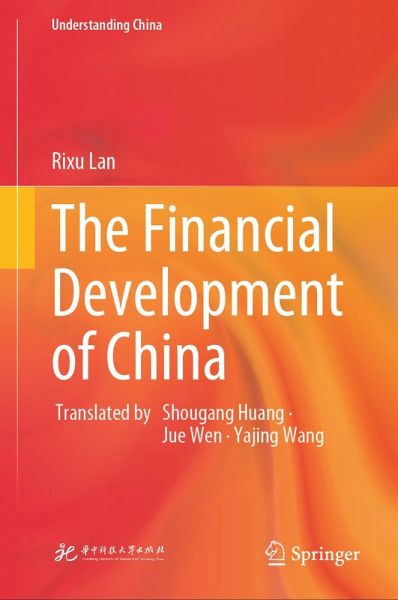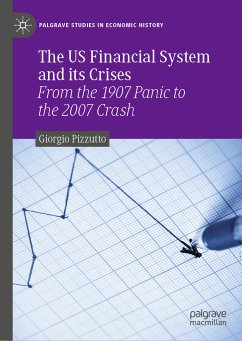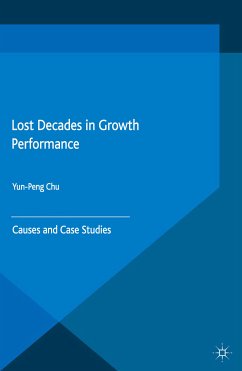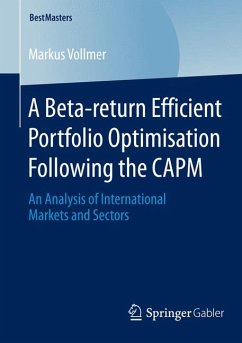
The Financial Development of China (eBook, PDF)
Versandkostenfrei!
Sofort per Download lieferbar
104,95 €
inkl. MwSt.
Weitere Ausgaben:

PAYBACK Punkte
52 °P sammeln!
The book builds an overview of Chinese financial development in the past 70 years since the founding of the PRC. China's finance has experienced a complex evolution process, which could be roughly divided into two major stages. In the 30 years before the reform and opening-up, China built a new financial system through integrating finance in the old and new liberated areas, based on the development of the financial industry during the revolutionary war, and then quickly established a financial system with the simple purpose of "managing funds" to meet the needs of the centralized socialist eco...
The book builds an overview of Chinese financial development in the past 70 years since the founding of the PRC. China's finance has experienced a complex evolution process, which could be roughly divided into two major stages. In the 30 years before the reform and opening-up, China built a new financial system through integrating finance in the old and new liberated areas, based on the development of the financial industry during the revolutionary war, and then quickly established a financial system with the simple purpose of "managing funds" to meet the needs of the centralized socialist economic system. In more than 40 years after the reform and opening up, the role of China's financial system has gradually shifted from "managing funds" to "guiding the market". A multi-level financial system was formed and centered on the People's Bank of China, with complete functions, diverse forms, collaborative division, and mutual complement. The transformation of China's finance functions has greatly promoted the rapid growth of China's economy for 35 years. In the current economic restructuring, the "Internet +" model, led by Internet finance, has undoubtedly triggered the "squid effect" on China's economic development and financial sector innovation. Many areas, such as third-party payment and online lending, have begun to lead globally. Furthermore, the establishment of an inclusive financial system has brought financial functions closer to their essential role of serving the real economy.
Dieser Download kann aus rechtlichen Gründen nur mit Rechnungsadresse in A, B, BG, CY, CZ, D, DK, EW, E, FIN, F, GR, HR, H, IRL, I, LT, L, LR, M, NL, PL, P, R, S, SLO, SK ausgeliefert werden.












